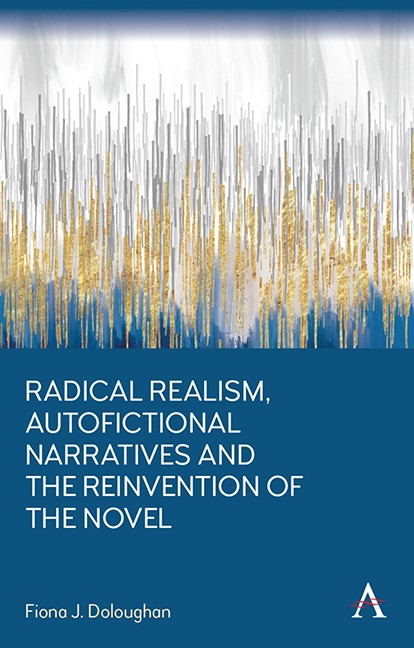Book contents
- Frontmatter
- Contents
- Dedication
- Preface
- Acknowledgements
- 1 Introduction
- 2 Theoretical and Critical Concerns: Key Terms and Arguments
- 3 The Anatomy of a Writer: Karl Ove Knausgaard’s My Struggle
- 4 Companion Pieces: Jeanette Winterson’s Why Be Happy When You Could Be Normal? in Relation to Oranges Are Not the Only Fruit
- 5 A Cross-Cultural Memoir: Xiaolu Guo’s Once Upon a Time in the East
- 6 Rachel Cusk’s Search for New Forms: Self-Projection and Refraction in Fiction and Non-Fiction
- 7 Conclusion
- References
- Index
5 - A Cross-Cultural Memoir: Xiaolu Guo’s Once Upon a Time in the East
Published online by Cambridge University Press: 15 November 2023
- Frontmatter
- Contents
- Dedication
- Preface
- Acknowledgements
- 1 Introduction
- 2 Theoretical and Critical Concerns: Key Terms and Arguments
- 3 The Anatomy of a Writer: Karl Ove Knausgaard’s My Struggle
- 4 Companion Pieces: Jeanette Winterson’s Why Be Happy When You Could Be Normal? in Relation to Oranges Are Not the Only Fruit
- 5 A Cross-Cultural Memoir: Xiaolu Guo’s Once Upon a Time in the East
- 6 Rachel Cusk’s Search for New Forms: Self-Projection and Refraction in Fiction and Non-Fiction
- 7 Conclusion
- References
- Index
Summary
Introduction and Aims
Reception of Xiaolu Guo’s Once Upon a Time in the East, published in the UK in 2017, has been variable, as might be expected, perhaps, of a work that seems to combine trauma and personal revelation, with a style of narration in keeping with much of Guo’s fictional output, that is to say, a blending of fiction and autobiography. Just as Winterson’s memoir, Why Be Happy When You Could Be Normal? was sparked by a desire to overcome the trauma of her past, and come to terms with her biography, in its cultural, as well as personal dimensions, Guo’s work, referred to, among other things, as a ‘tale of survival’ (George 2017, 32) presents Guo’s life-story in terms of a mix of deprivation and poverty and a stubborn determination to overcome the sufferings and limitations of her upbringing and environment, including a period of sexual abuse. Yet such is the manner in which her story is told that for many reviewers, Guo’s tale of survival reads more like a grim fairy tale, a kind of ‘Cinderella in China’, as the title of a review in The Spectator has it (George 2017, 32). In another review in The New Statesman, it is the book’s title that is picked out for its fairytale- like qualities (Walsh 2017, 51), given reading conventions which equate ‘once upon a time’ with the beginning of a fairy tale.
One of the things that this chapter will set out to achieve is to understand why reception of Guo’s memoir has included a strain that reads it not so much as an account of an eventful life but as a fabular tale (Feigel 2017), and to consider why this might be, in conjunction with a sense of what Guo sees herself as trying to achieve, in order to understand the kind of relationship that is in place between Guo’s earlier fictions and her memoir. Moreover, the chapter will be concerned with interrogating further received ideas, assumptions and expectations about genres, as they relate to notions of fiction and non-fiction, life and art, narrative personae and the so-called autobiographical contract.
- Type
- Chapter
- Information
- Publisher: Anthem PressPrint publication year: 2023

